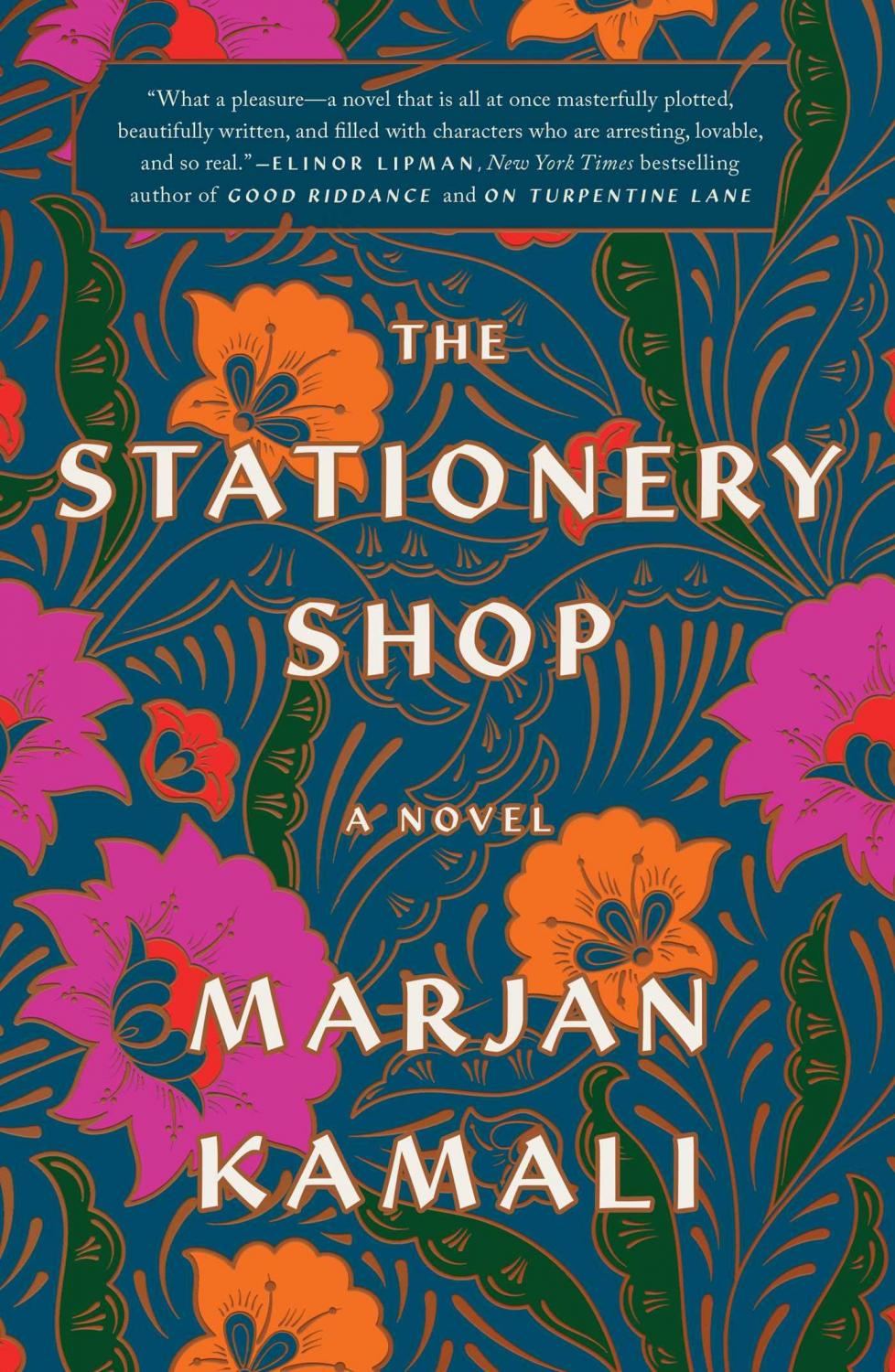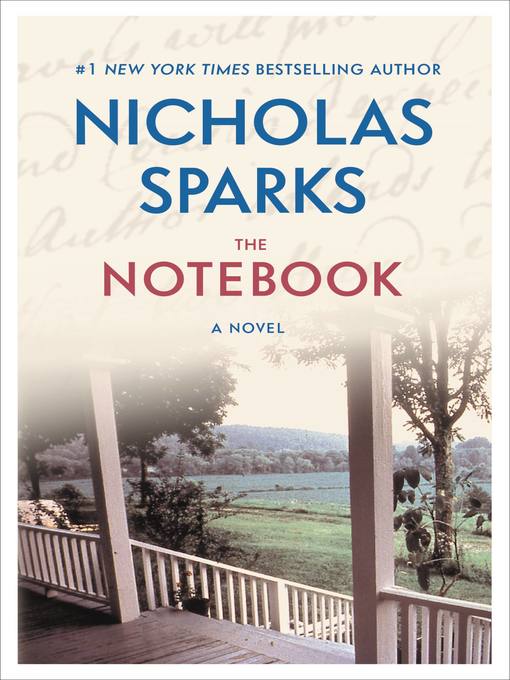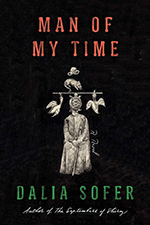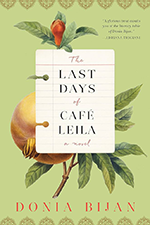 The Stationery Shop
The Stationery Shop
by Marjan Kamali
GENRE: Historical Fiction, Literary Fiction, Romance
A sweeping tale of thwarted love set against the backdrop of political unrest in 1953 Tehran. When Roya meets Bahman in a charming stationery shop, it is love at first sight. But when Bahman goes missing on the eve of their wedding, Roya is forced to move on with her life without him. Many years later, the two meet again, and Bahman reveals secrets he has kept hidden for years.
 Author Biography
Author Biography
Marjan Kamali is the award-winning author of The Stationery Shop (Gallery Books/Simon & Schuster), a national bestseller, and Together Tea (EccoBooks/HarperCollins), a Massachusetts Book Award finalist. She is a 2022 recipient of the National Endowment for the Arts Creative Writing Fellowship.
Kamali’s novels are published in translation in more than 20 languages and The Stationery Shop was awarded the Prix Attitude in France. Her essays have appeared in the Wall Street Journal, Literary Hub, and the Los Angeles Review of Books.
The Stationery Shop is being adapted into a TV series at HBO and Together Tea was adapted for the stage.
Kamali holds a bachelor’s degree in English literature from the University of California, Berkeley, an MBA from Columbia University, and a Master of Fine Arts in creative writing from New York University. Born in Turkey to Iranian parents, Kamali spent her childhood in Turkey, Iran, Germany, Kenya, and the U.S. She currently teaches creative writing at GrubStreet and lives in the Boston area with her family. - Author's website
Publisher's Weekly
In this tender story of lifelong love, Kamali (Together Tea) moves from 2013 New England to violence in 1953 Tehran as citizens, a new Prime Minister, and the Shah of Iran clash. In 2013, Roya is 77 years old, nearing the end of her life with her American husband, when she discovers her fiancé from when she was growing up in Tehran is living in a retirement home nearby. She begins to relive her first meeting with young Bahman 60 years earlier in a small Tehran stationery shop. As is true with Roya’s father, Bahman is an avid supporter of the new Prime Minister Mossadegh, but Bahman takes it further with dangerous activism. The love that blossoms between the two 17-year-olds is intense and true, but Bahman’s mother is determined to direct her son’s interests away from Roya. It’s only with the help of Mr. Fahkri, who allows the young lovers privacy in his stationery shop, that the romance continues until a final misunderstanding; the couple is separated by expectations that they enter arranged marriages, as well as the violence that erupts in the streets when Mossadegh is overthrown. The loss of love and changing worlds is vividly captured by Kamali; time and circumstances kept these lovers apart, but nothing diminishes their connection. Readers will be swept away. (June) --Staff (Reviewed 08/05/2019) (Publishers Weekly, vol 266, issue 31, p).
Library Journal
Roya Kayhani meets Bahman Aslan in a stationery shop in Tehran in 1953; both are 17. The owner, Mr. Fakhri, dispenses foreign-language books as well as antimonarchist polemics along with the poetry of Rumi. Sharing the poetry and letters passed between them by Mr. Fakhri inside the books, the couple fall in love and become engaged. Iran is moving toward democracy and modernization in 1953, but a coup by the forces of the Shah shuts down those hopes. Now, 60 years later, Roya is married to Walter Archer and lives outside Boston; Bahman is in a nursing home not far away. What happened to their love and the future of their country? Slowly moving through the budding love story, readers unearth secrets about those close to the pair and how, as Iranian belief dictates, one's destiny is already inscribed on one's forehead at birth. VERDICT The unfurling stories in Kamali's sophomore novel (after Together Tea) will stun readers as the aromas of Persian cooking wafting throughout convince us that love can last a lifetime. For those who enjoy getting caught up in romance while discovering unfamiliar history of another country. [See Prepub Alert, 12/3/18.] --Bette-Lee Fox (Reviewed 04/01/2019) (Library Journal, vol 144, issue 3, p80).
Kirkus Reviews
Sixty years after her first love failed to meet her in a market square, Roya Khanom Archer finally has the chance to see him. But will he break her heart again? Back in 1953, she was a 17-year-old schoolgirl, raised in a progressive home in Tehran, where her father encouraged Roya and her sister, Zari, to take advantage of the recent reforms that allowed women to go to university. While he hoped she might become a chemist, Roya loved escaping into novels, which sent her to Mr. Fakhri's stationery and book store every Tuesday afternoon. There she first sees Bahman Aslan, a breathless young man already well-known as a political activist. Kamali (Together Tea, 2013) sets Roya and Bahman's love against the tumultuous days of Mohammad Mossadegh's rise and fall as prime minister of Iran, infusing their affair with political passion and an increasingly frantic sense of the shortness of time. Tuesday after Tuesday, the couple falls more deeply in love, and Bahman soon proposes marriage to Roya. While Roya's family welcomes Bahman—although Zari warns Roya that his heart cannot be trusted—Bahman's emotionally volatile mother refuses to accept the engagement, because she has already chosen Shahla, the daughter of a man closely allied with the shah, for her son. Roya determines to weather her future mother-in-law's storms, but when Bahman and his family disappear, she can only turn to Mr. Fakhri for help. Although he cannot tell Roya where Bahman has gone, Mr. Fakhri offers to exchange secret letters between the lovers. The plan works, and the two even plan to elope, but Bahman does not show up in Sepah Square. Sixty years later, Bahman's confession will finally expose the secrets that cast shadows over the lovers so long ago. A sweeping romantic tale of thwarted love. (Kirkus Reviews, April 15, 2019).
 The Notebook
The Notebook
by Nicholas Sparks
At thirty-one, Noah Calhoun, back in coastal North Carolina after World War II, is haunted by images of the girl he lost more than a decade earlier. At twenty-nine, socialite Allie Nelson is about to marry a wealthy lawyer, but she cannot stop thinking about the boy who long ago stole her heart. Thus begins the story of a love so enduring and deep it can turn tragedy into triumph, and may even have the power to create a miracle.
 Man of My Time
Man of My Time
by Dalia Sofer
Set in Iran and New York City, Man of My Time tells the story of Hamid Mozaffarian, who is as alienated from himself as he is from the world around him. After decades of ambivalent work as an interrogator with the Iranian regime, Hamid travels on a diplomatic mission to New York, where he encounters his estranged family and retrieves the ashes of his father, whose dying wish was to be buried in Iran.
Tucked in his pocket throughout the trip, the ashes propel him into a first-person excavation—full of mordant wit and bitter memory—of a lifetime of betrayal, and prompt him to trace his own evolution from a perceptive boy in love with marbles to a man who, on seeing his own reflection, is startled to encounter someone he no longer recognizes. As he reconnects with his brother and others living in exile, Hamid is forced to reckon with his past, with the insidious nature of violence, and with his entrenchment in a system that for decades ensnared him.
 The Last Days of Café Leila
The Last Days of Café Leila
by Donia Bijan
Set against the backdrop of Iran’s rich, turbulent history, this exquisite debut novel is a powerful story of food, family, and a bittersweet homecoming. When we first meet Noor, she is living in San Francisco, missing her beloved father, Zod, in Iran. Now, dragging her stubborn teenage daughter, Lily, with her, she returns to Tehran and to Café Leila, the restaurant her family has been running for three generations. Iran may have changed, but Café Leila, still run by Zod, has stayed blessedly the same—it is a refuge of laughter and solace for its makeshift family of staff and regulars.
As Noor revisits her Persian childhood, she must rethink who she is—a mother, a daughter, a woman estranged from her marriage and from her life in California. And together, she and Lily get swept up in the beauty and brutality of Tehran.